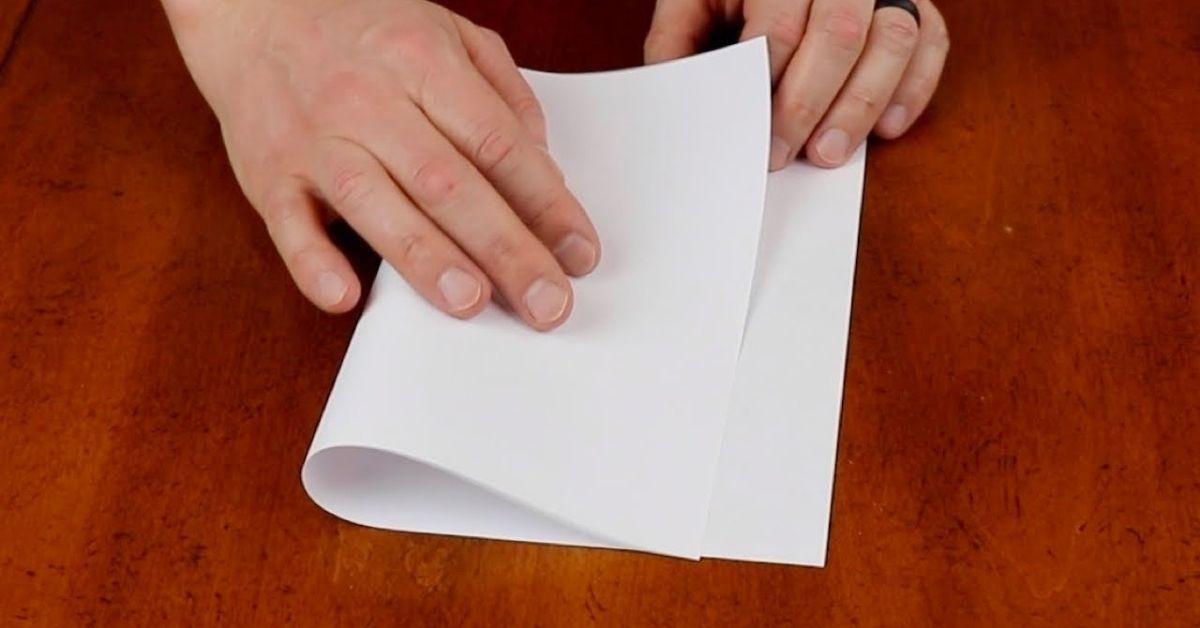FlipFact of the Day: Grade school science classes, home safety checklists, and worried mothers have all taught us never to mix water and electricity. Now, this well-meaning (and certainly life-saving) piece of conventional wisdom may have led you to think that the fluid itself is a good conductor of electricity. If that’s the case, well… what you’re about to read might be shocking.
Electricity flows through a liquid medium when a movement of charge takes place within it. For this to happen in the first place, there must be charged particles (ions) in the liquid. Here’s the thing: Pretty much all the kinds of water we find in the outside world contain various impurities, which isn’t really surprising. After all, this fluid can dissolve a good number of things, which is why we call it a “universal solvent.” Dissolved sediments, chemicals, minerals, and other substances provide the charge that allows electricity to move through water.
However, water in its purest form—the kind that’s completely uncontaminated—is actually an excellent insulator. Pure water such as distilled water (which is condensed from steam) does not conduct electricity well. That’s because it only has neutral molecules (molecules with no charge). This type of liquid is extremely hard to find outside of laboratories and distillation plants, though, as it really doesn’t take much to introduce impurities into it. In fact, a small amount is enough to ionize water and enable it to conduct electricity.
Basically, a glass of uncontaminated, distilled water won’t conduct electricity; stir some table salt into it, though, and it changes things completely. With all of this in mind, stick to what you’ve always known: Keep your electrical appliances away from your bathtub.
Still remember your 5th-grade science classes? Test your knowledge and see if you still remember these facts and fundamental concepts in human anatomy, biology, botany, and other branches of science. Click here to try the “Are You Smarter Than A Pinoy Fifth-Grader” Challenge.
Follow the hashtag #FlipFacts on Facebook and Instagram to get your daily dose of science trivia!
Cover: Shutterstock
References
- https://www.scienceabc.com/pure-sciences/do-you-think-that-water-conducts-electricity-if-you-do-then-youre-wrong.html
- https://www.usgs.gov/special-topic/water-science-school/science/conductivity-electrical-conductance-and-water?qt-science_center_objects=0#qt-science_center_objects
- https://digitalatlas.cose.isu.edu/hydr/basics/main/chmtxt.htm
- https://www.sciencealert.com/after-centuries-scientists-have-finally-figured-out-how-water-conducts-electricity
Author: Mikael Angelo Francisco
Bitten by the science writing bug, Mikael has years of writing and editorial experience under his belt. As the editor-in-chief of FlipScience, Mikael has sworn to help make science more fun and interesting for geeky readers and casual audiences alike.







